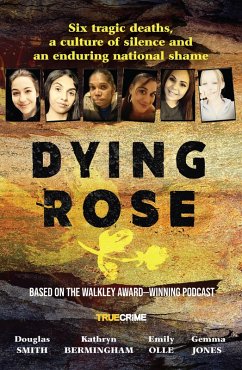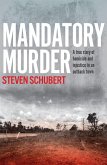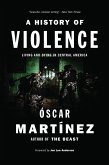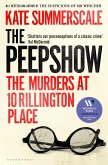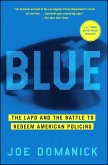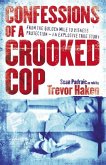'If you think it's hard being a white woman in Australia, try being a black woman.' These were the words that set a team of journalists at the Adelaide Advertiser on an investigation into the tragic deaths of six young Indigenous women.
It was Courtney Hunter-Hebberman who uttered those words, up on stage at an International Women's Day event. A shocking number of Indigenous women die every year by murder or suicide, and Courtney's daughter, Rose, was one of them. Rose's apparent death by suicide at 19, in a run-down backyard shed, had left her mother craving answers - answers the police seemed unable to give her.
Inspired by Courtney's courage and grief, The Advertiser team hoped to shed light on Rose's death and put Courtney's mind at rest. But what they found, as their investigation of one death rolled into another five, was disturbing. Lack of urgency, sloppy searches, poor communication, and assumptions by police were just some of the problems encountered in these cases.
As the team probed further, the answers, or lack thereof, gave rise to even bigger questions about whether Indigenous Australians, especially women, have a voice, and if they are heard when they speak.
Based on the podcast Dying Rose, this is a compelling look at young Indigenous women's vulnerability to danger, and how, when their lives are cut short, their families are left to cope with a grief compounded by seeming prejudice and indifference.
Dieser Download kann aus rechtlichen Gründen nur mit Rechnungsadresse in A, B, D, F, IRL, L ausgeliefert werden.

